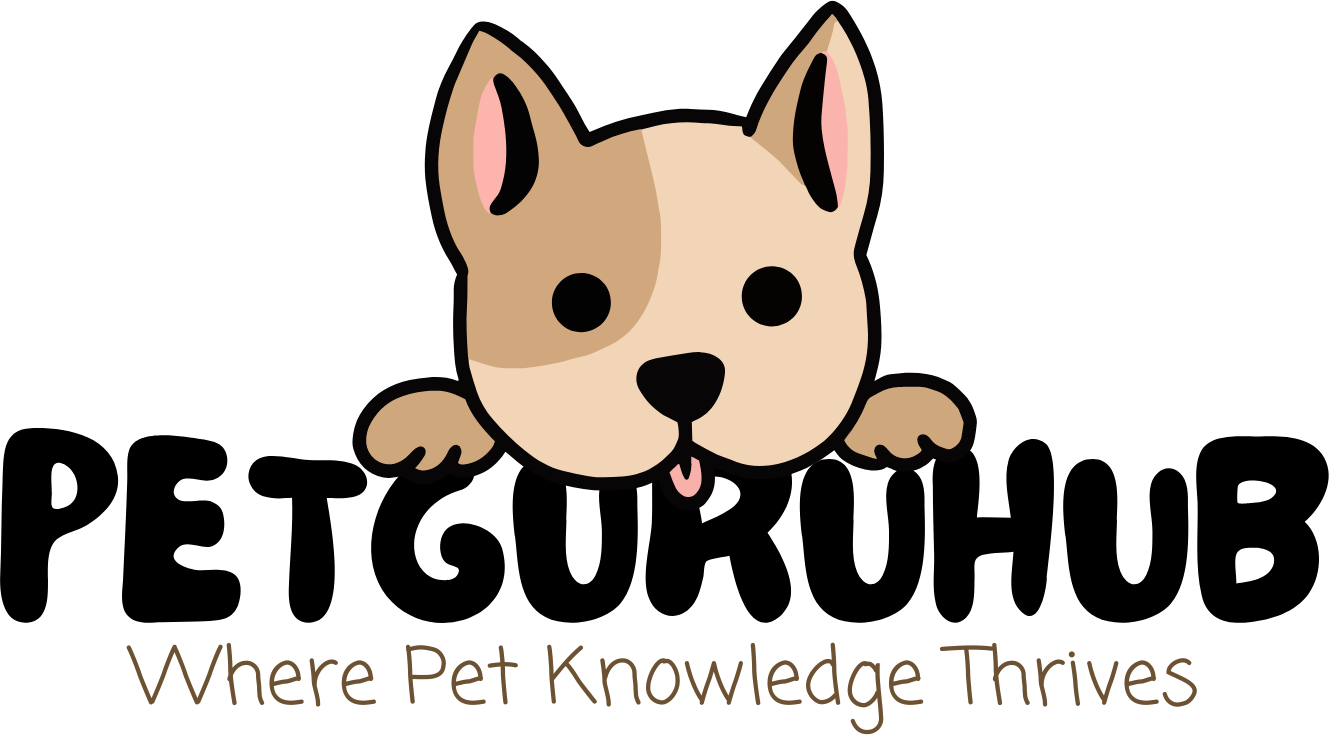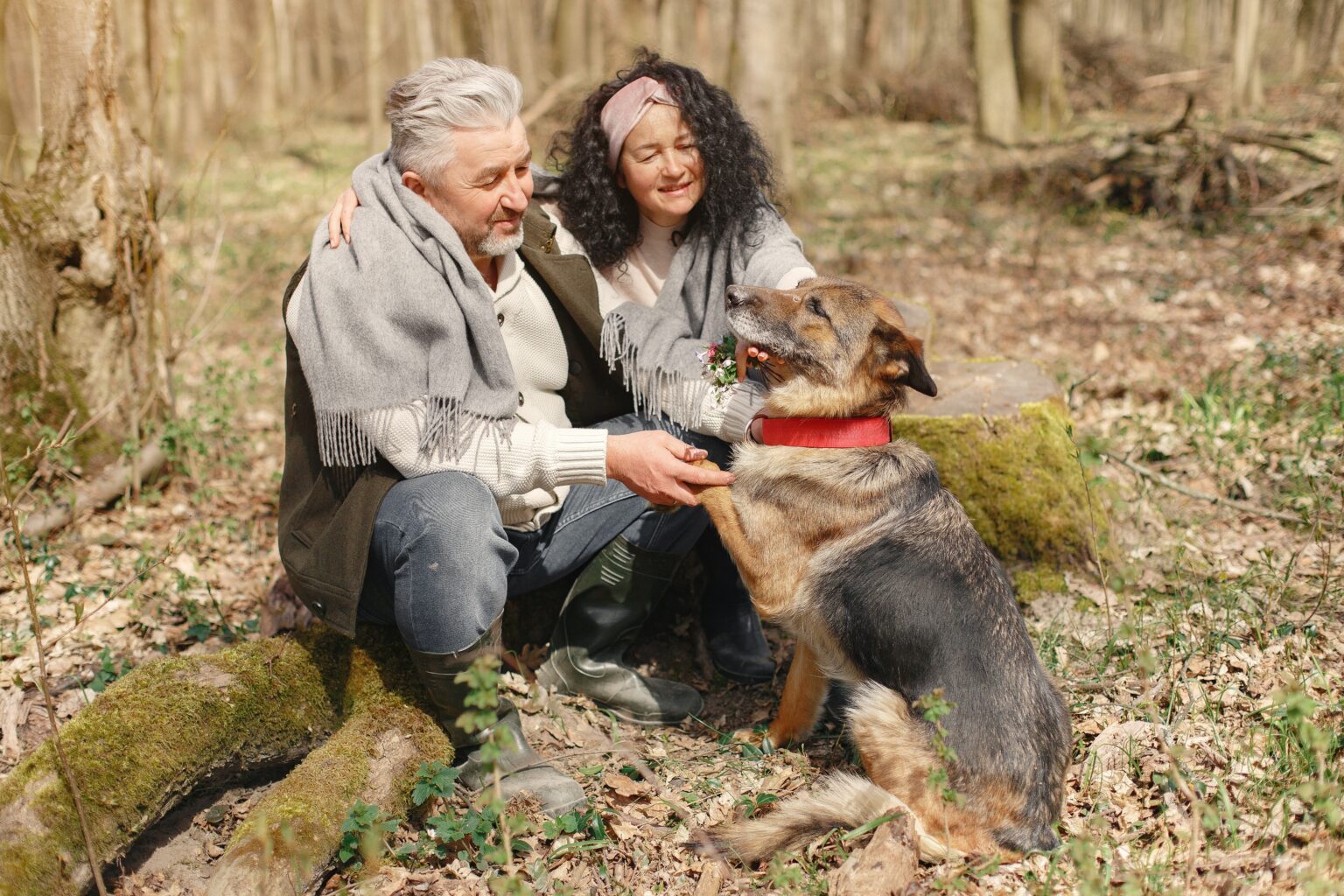Introduction to Senior Dog Care
Providing proper care for aging canines is extremely important as dogs enter their senior years. As dogs age, their health and medical needs change. Understanding key areas of senior dog care and proactively addressing issues can significantly improve quality of life for aging dogs.
This article will provide an overview of important senior dog care tips across several areas:
- Common health issues in senior dogs
- Nutrition recommendations for senior dogs
- Appropriate exercise and activity for aging canines
- Grooming and hygiene tips
- Creating a comfortable environment
- Working with your veterinarian
- Ensuring quality of life
Senior dog care requires adapting to the unique needs of geriatric dogs. As dogs enter their golden years, their mobility, senses, and cognition may decline. Providing thoughtful care allows dogs to age gracefully and happily despite these changes.
Key focus areas for senior dog care include managing arthritis, ensuring proper nutrition, providing mental stimulation, and maintaining quality of life. Small adjustments to care routines can make a big difference in optimizing comfort and minimizing pain for aging canines.
This article outlines proactive tips and recommendations across all aspects of senior dog care based on the latest veterinary guidance. The goal is to provide dog owners the knowledge needed to make their loyal companions’ golden years healthy and happy.
Common Health Issues in Senior Dogs
As dogs age, they become more prone to certain medical conditions. Being aware of common health issues allows owners to monitor their senior dogs and work with their veterinarian on prevention and treatment.
Some of the most prevalent senior dog health problems include:
- Arthritis – Joint inflammation that causes pain and reduced mobility.
- Kidney disease – Reduced kidney function leading to waste buildup in the blood.
- Heart disease – Weakened heart muscle impairing blood circulation.
- Cancer – Abnormal tissue growth that can spread to other parts of the body.
- Cognitive dysfunction – Decline in thinking, learning, memory and awareness.
Arthritis is one of the most common causes of pain and discomfort in senior dogs. Signs include difficulty rising, climbing stairs, or jumping. Medications, supplements, moderate exercise, and orthopedic beds can help manage arthritis.
Kidney and heart disease require monitoring organ function through lab tests and exams. Medications, dietary changes, and IV fluids may help support failing kidneys or heart.
Cancer screening and early detection are key. Lumps, abnormal bleeding, and weight loss are common signs. Treatment options depend on the type and spread of cancer.
Cognitive dysfunction leads to disorientation, house soiling, anxiety, and behavioral changes. Routines, interaction, and medications can help manage its effects.
Working closely with a veterinarian allows early intervention for age-related diseases, optimizing comfort and quality of life.
Nutrition Tips for Senior Dogs
Proper nutrition is vital for senior dogs. As dogs age, their digestive systems and dietary needs change. Adapting their food can help dogs get adequate nutrition and maintain health.
Adjusting Food Texture
Many older dogs develop dental disease or lose teeth. Switching to wet, softened, or finely chopped food makes eating less painful.
Choosing Easily Digestible Food
Senior dog food is formulated to be gentle on digestive systems. Opt for simple ingredients and avoid irritants like spices.
Ensuring Adequate Protein
Protein maintains muscle and organ health. Senior dog food should contain high-quality protein sources.
Supplementing Vitamins
Supplements like glucosamine and antioxidants support joint, brain, heart, and immune system health. Consult your veterinarian.
Key nutrition tips for senior dogs include:
- Adjust food texture for dental issues
- Choose easily digestible food
- Ensure adequate protein intake
- Supplement with vitamins and antioxidants
Feeding a balanced, senior-specific diet prevents deficiencies and helps manage age-related diseases, optimizing quality of life for aging canines.
Exercise and Activity for Senior Dogs
Keeping senior dogs moderately active is important for their physical and mental health. However, the type and duration of exercise for aging canines requires adjustment.
Adapting Intensity and Duration
Long hikes and intense play are too stressful on older joints and muscles. Senior dogs benefit from multiple short, gentle walks and activities daily.
Providing Mental Stimulation
Games, training, and social interaction prevent boredom and cognitive decline. Try hide-and-seek, scent work, obedience drills, or dog daycare.
Assisting Mobility
Use ramps, harnesses, and heated beds to make movement easier if arthritis or weakness is present. Massage and stretching also help.
Key exercise and activity tips for senior dogs include:
- Adapting intensity and duration of exercise
- Providing mental stimulation with games and training
- Assisting mobility with ramps, harnesses, etc.
The right amount and type of activity helps aging dogs stay active and engaged, both physically and mentally. Consult your veterinarian to develop the optimal exercise plan.
Grooming and Hygiene for Senior Dogs
Attending to grooming and hygiene helps senior dogs stay clean, comfortable, and healthy. Their needs may change as mobility declines.
Maintaining Dental Health
Brush teeth daily, provide chews, and get regular vet dental cleanings to prevent dental disease. Signs include bad breath and mouth pain.
Keeping Nails Trimmed
Long nails can snag and tear. Trim nails carefully every 1-2 weeks if the dog can’t walk enough to wear them down.
Checking and Cleaning Ears
Clean dirty ears weekly with a vet-approved solution to prevent infections and buildup. Check for redness or odor.
Brushing and Bathing
Brush lightly 2-3 times a week to remove dead hair. Give gentle baths when needed using mild soap and warm water.
Key senior dog grooming and hygiene tips:
- Maintain dental health
- Keep nails trimmed
- Check and clean ears regularly
- Brush and bathe gently
Proper grooming prevents medical issues, keeps senior dogs clean and comfortable, and provides bonding time. Adjust techniques as needed for limited mobility or tolerance.
Creating a Comfortable Environment
Adjusting their living space can help senior dogs with limited mobility or senses. Focus on providing comfort and accommodating physical limitations.
Providing Orthopedic Beds
Thick orthopedic beds with memory foam distribute weight and reduce pressure on joints. Washable covers allow cleaning.
Keeping Living Spaces Clean and Dry
Frequently clean floors and carpets to prevent slips and remove waste. Absorbent pads or doggy diapers manage incontinence.
Regulating Temperature
Keep the environment at a comfortable temperature. Senior dogs are sensitive to heat and cold due to decreased circulation.
Accommodating Limited Mobility
Install ramps, use harnesses, and eliminate obstacles to make it easier to navigate the home. Limit stairs.
Key tips for senior dogs’ environment:
- Provide orthopedic beds and mats
- Keep living spaces clean and dry
- Regulate temperature
- Accommodate limited mobility and vision
Adapting the home environment helps aging dogs remain independent, while optimizing their comfort and quality of life.
Working with Your Veterinarian
Frequent veterinary care is crucial for senior dogs to monitor health and quickly address any issues.
Scheduling More Frequent Vet Exams
Veterinarians recommend wellness exams every 6 months for senior dogs vs. annually for younger dogs.
Monitoring Weight and Organ Health
Tests like bloodwork, urinalysis, and imaging check for signs of kidney, liver, heart or other organ problems.
Discussing Medications and Supplements
Veterinarians can advise on medications and supplements to manage arthritis, incontinence, cognitive dysfunction, etc.
Planning for End-of-Life Care
Discuss options like at-home euthanasia or hospice care when quality of life declines.
Key tips for working with your veterinarian:
- Schedule more frequent vet exams
- Monitor weight and organ health
- Discuss medications and supplements
- Plan for end-of-life care
Partnering closely with your veterinarian allows you to proactively address changes and prioritize your senior dog’s comfort and wellbeing.
Ensuring Quality of Life
As dogs age, it’s important to prioritize their happiness and comfort. Monitor your senior dog and make adjustments to optimize their quality of life.
Adapting Exercise and Enrichment
Adjust walks, games, and activities to your senior dog’s abilities. Provide mental stimulation with training, puzzles, and social interaction.
Managing Pain and Discomfort
Discuss pain medication and joint supplements with your veterinarian. Use orthopedic beds, ramps, and massages to support mobility.
Providing Affection and Bonding Time
Senior dogs thrive on human interaction and touch. Schedule daily quality time for petting, brushing, relaxing together.
Monitoring Behavior and Mood
Note any behavioral changes like anxiety, irritability, or house soiling. These may indicate declining cognitive function or health issues.
Key tips to ensure quality of life:
- Adapt exercise and enrichment
- Manage pain and discomfort
- Provide affection and bonding time
- Monitor behavior and mood
Adjusting care routines to accommodate a senior dog’s evolving needs allows them to stay active and comfortable as they age.
Conclusion
Providing thoughtful and proactive senior dog care allows aging canines to live comfortably and happily in their golden years.
This article has outlined key tips across all aspects of caring for senior dogs including:
- Managing common age-related health issues
- Adapting their diet and nutrition
- Adjusting exercise routines
- Maintaining grooming and hygiene
- Creating a comfortable environment
- Working closely with a veterinarian
- Optimizing their overall quality of life
While some decline is inevitable, small changes to care routines can significantly improve senior dogs’ comfort, minimize pain, and prevent minor issues from becoming serious.
The goal of senior dog care is to help loyal companions age gracefully by accommodating their evolving physical and mental needs. With thoughtful adjustments, constant affection, and proactive veterinary care, beloved dogs can continue living happy, fulfilling lives well into their golden years.


